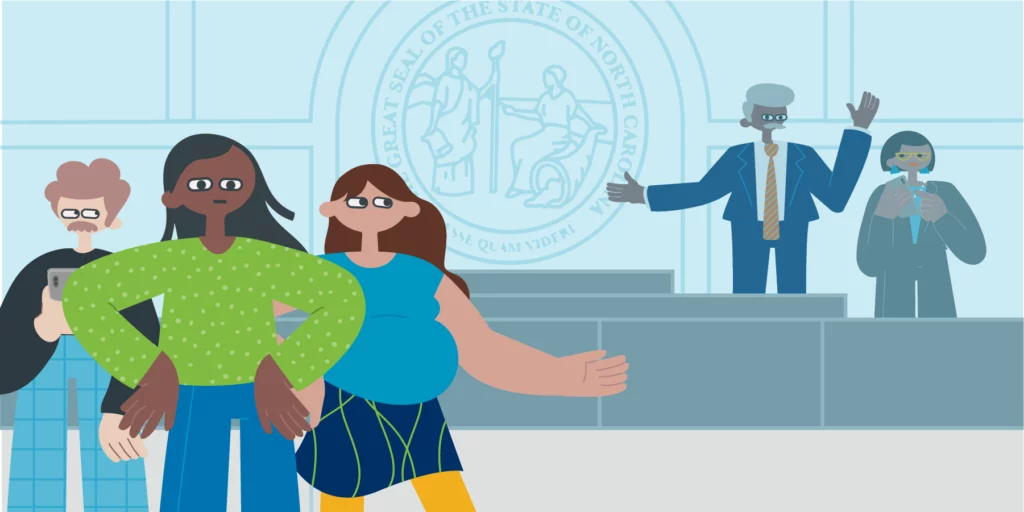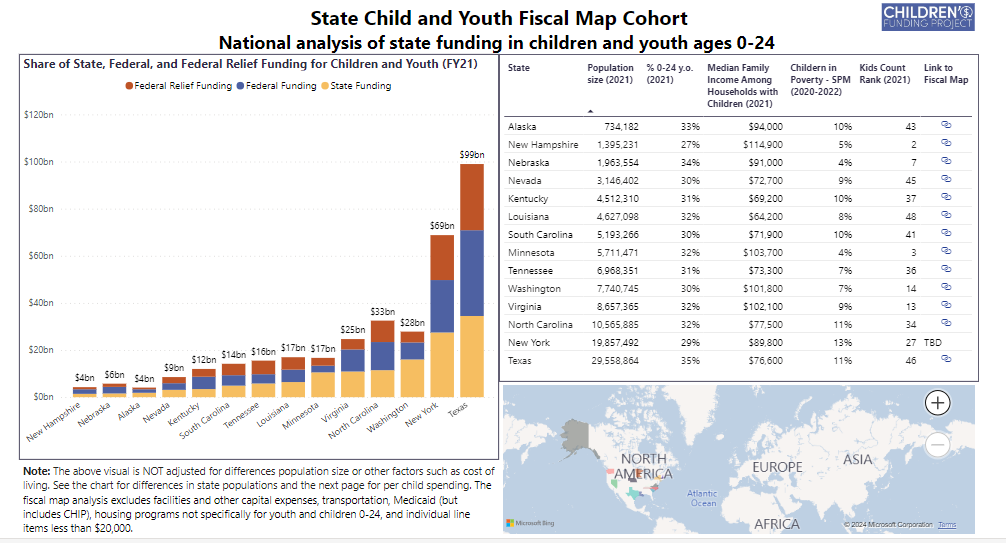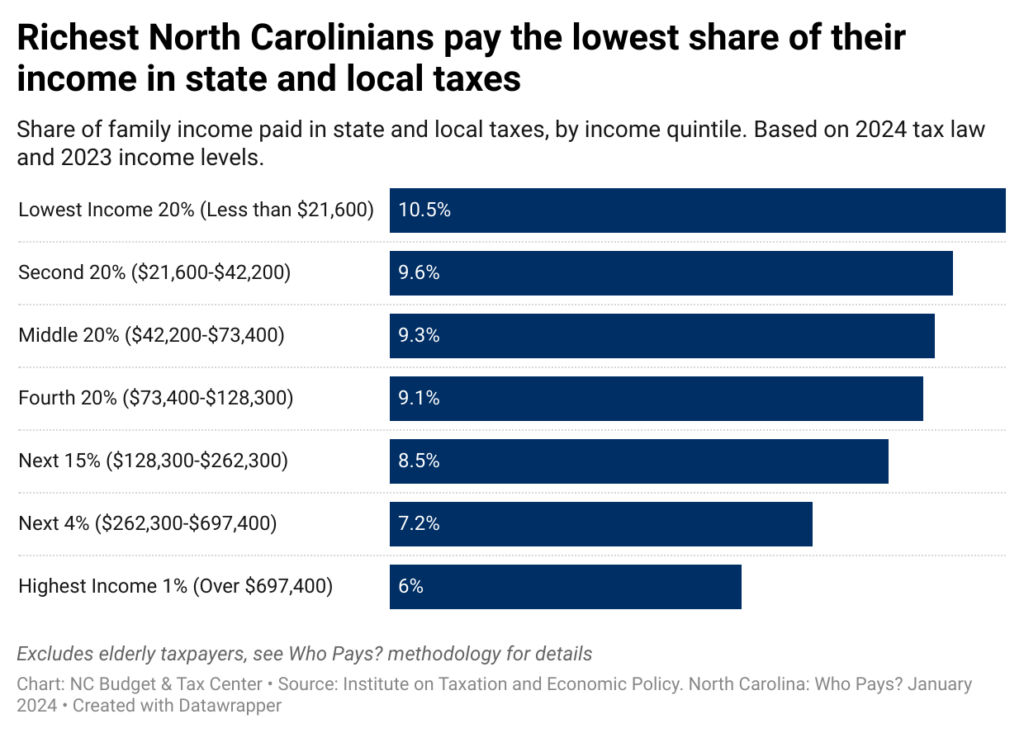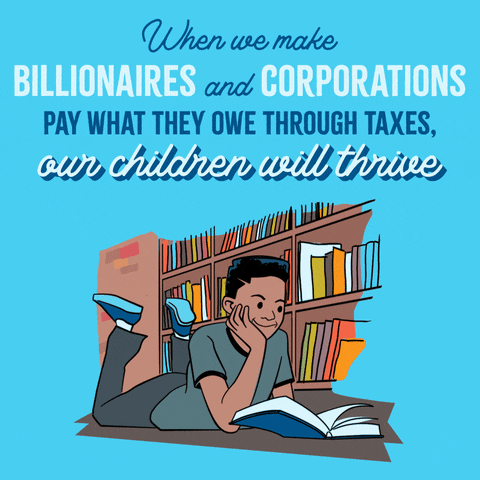Research & Data
Types
Featured
Topics
Taxes are the way we deliver a better future across North Carolina
In communities across the state, most North Carolinians share the same values for our future. We envision a North Carolina where our children can grow up to reach their full potential, where families have the resources to care for their loved ones, and where local entrepreneurs can bring new ideas to market and create high…
A refundable Child Tax Credit would help NC children thrive
Download a PDF of the Fact Sheet here No matter where we come from or what we look like, we all want to provide for our children and give them every opportunity to thrive. In 14 states across the country, legislatures have adopted child tax credits that reduce child poverty, improve wellbeing, and make state…

Recognizing the Contributions of Working Families to NC’s Economy and Communities
Working families across North Carolina contribute to our state’s economy every day through their labor in essential roles, from grocery store workers to home health aides to early childhood educators. At the same time, North Carolina’s upside-down tax code asks these families to play an outsized role in funding the public services we all want…
North Carolina should keep the income tax on corporate profits
Download a PDF of the Fact Sheet No matter what we look like or where we live, North Carolinians want to care for our families and leave things better for those to come. But as our work has made the state prosper, a handful of politicians have rigged the rules to redirect resources from our…

Demand that the NC General Assembly choose our communities over corporations
It is time lawmakers put the people of North Carolina first and ensure that corporations pay what they owe in taxes by pausing the corporate income tax elimination and keeping the rate corporations pay at 2.5 percent.


Who pays taxes in North Carolina?
As North Carolinians, we pay taxes to build communities that ensure everyone — Black, brown, and white — can thrive in every corner of our state. But policymakers in North Carolina have created a tax code that asks more of people with the lowest incomes. The latest edition of Who Pays?, released today by the…

Local tax credits are delivering for families nationwide, but not in NC
A recent report from the Institute on Taxation and Economic Policy (ITEP) is timely, then, in lifting up the potential of local governments to make transformational investments in working families through innovative policies like a local Earned Income Tax Credit. While the use of these local credits is currently blocked by state law in North Carolina, their effectiveness is a reminder of what might be possible if legislative leaders pursued policies to deliver well-being to communities across NC and empowered local governments to do the same.

NC leaders are shirking their responsibilities to our children, our state by revisiting Leandro lawsuit
The announcement that the NC Supreme Court will rehear the court case that affirmed children’s constitutional right to a sound, basic education is just another way in which North Carolina’s legislative leaders are attempting to rewrite the rules to further their agenda rather than the well-being of children.

North Carolina’s poverty rate is a policy choice
The latest poverty data from the U.S. Census Bureau released last month shows that more than 1.3 million North Carolinians — including more than 380,000 NC children — were living below the federal poverty line in 2022. For a family of four, this is the equivalent of $27,750 in household income in a year — resources so low that families are forced to make impossible choices among buying groceries, paying rent, and meeting basic health care needs.

